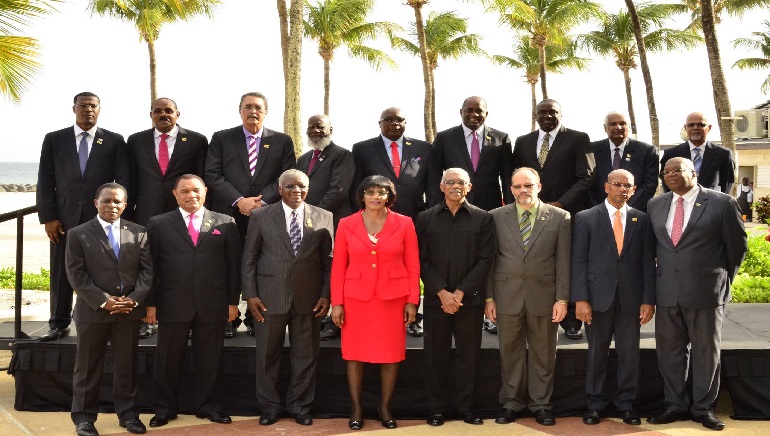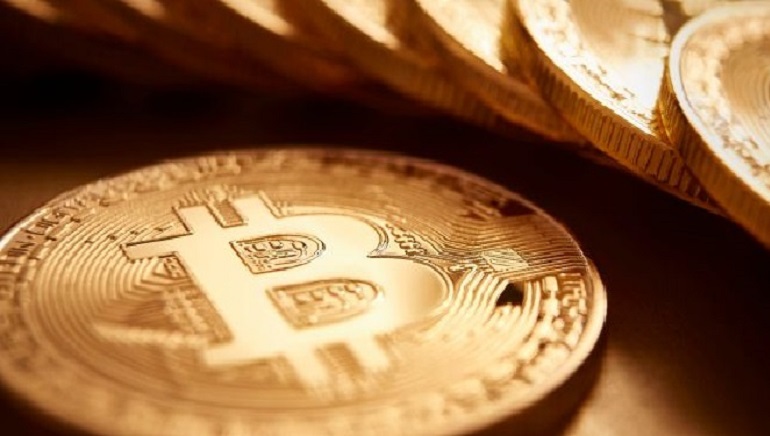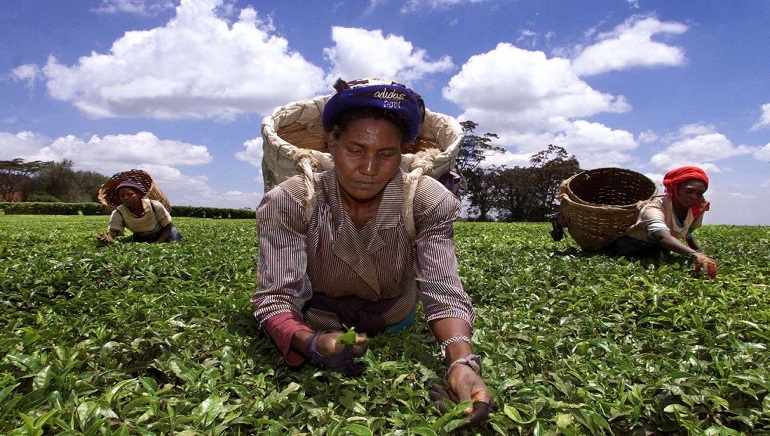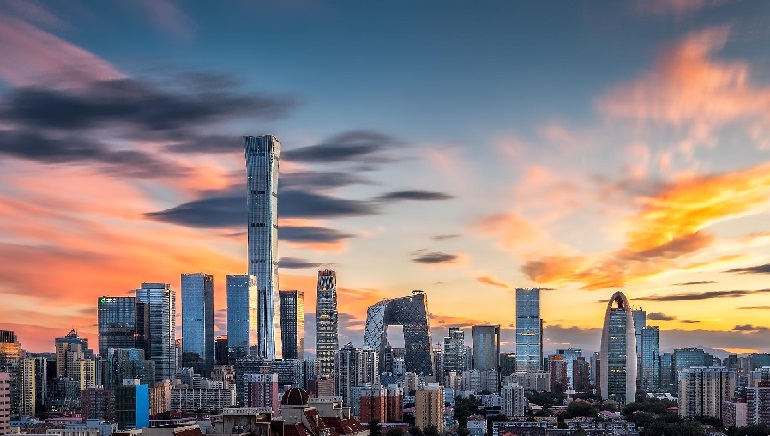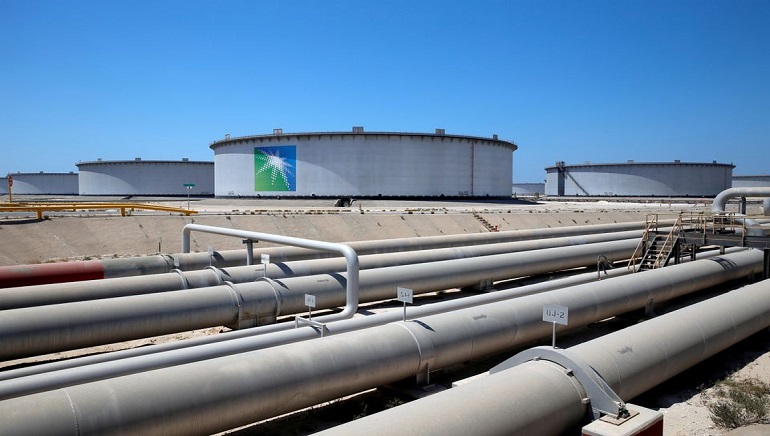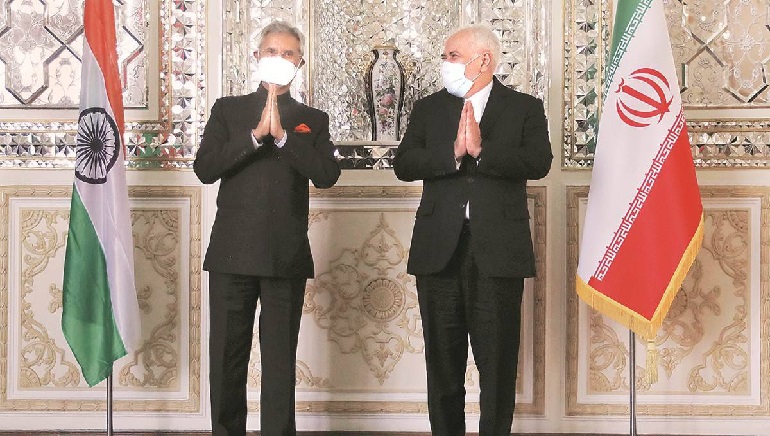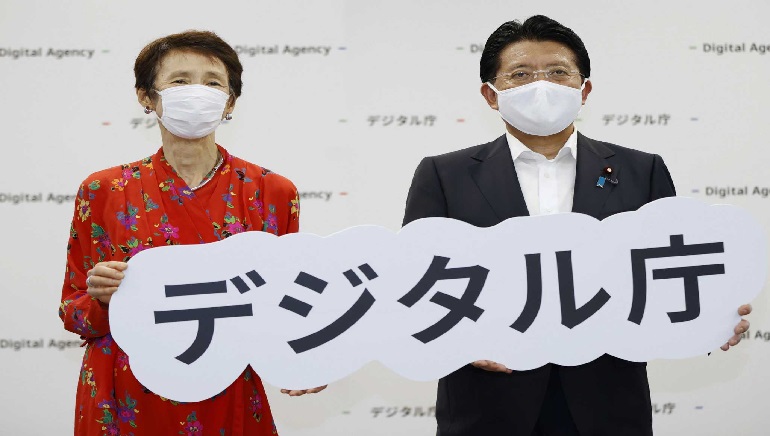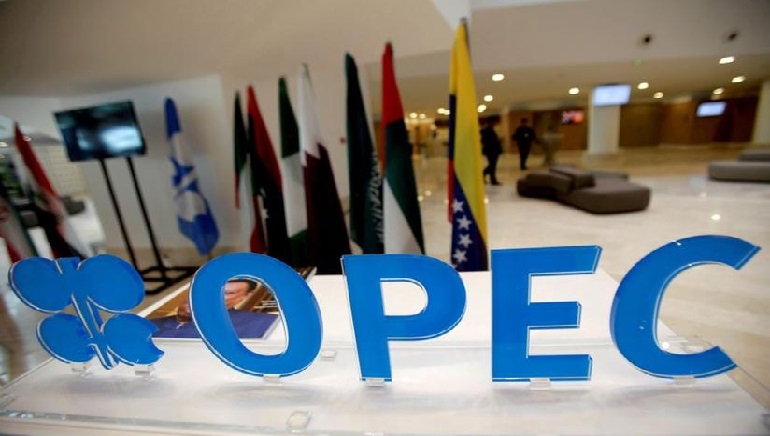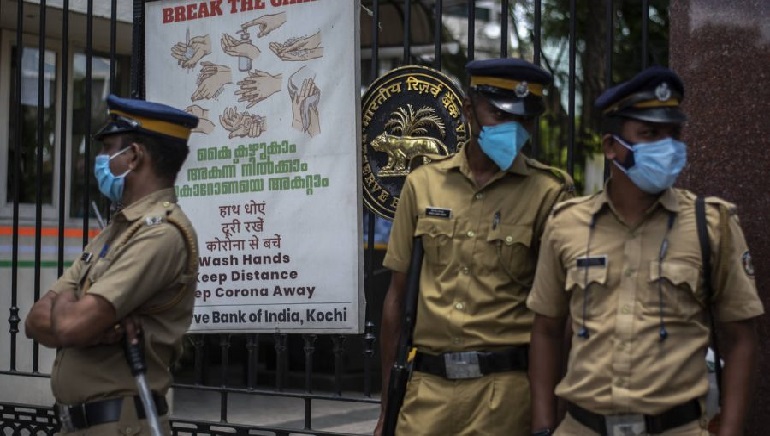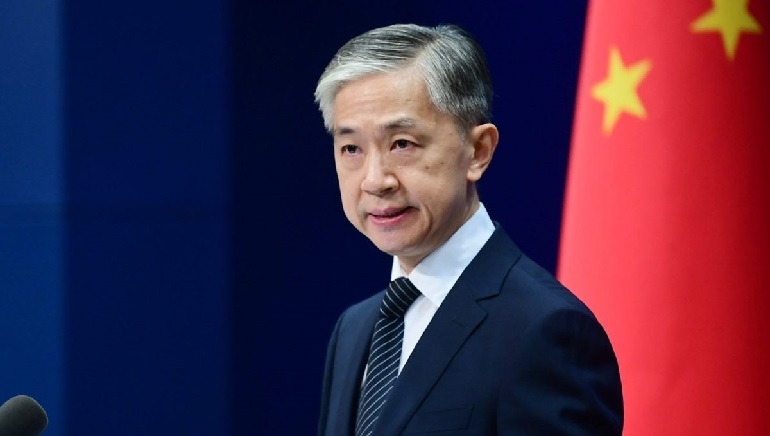The African Summit that began on Tuesday, September 7, organised Collective action to combat climate change, was listed as the key agenda at the inaugural Caribbean Community and the African Union (CARICOM).
The virtual meeting will bring CARICOM and African Union Heads of States and Government from the Caribbean community together. They will deliberate the trade and investment between the two nations. The summit will be on “Unity between continents and oceans: opportunities to deepen integration”
The statement released from Kenya’s Foreign Office said that the Participants at the event will include Heads of State and the Government of the Caribbean Community and the African Union. The session will be chaired by President Uhuru Kenyatta which was earlier slated for 2020 but triggered the cancellation due to the pandemic.
Barbados prime minister Mia Mottley opened the Caribbean community diplomatic office at Two Rivers Complex on Limuru Road during her visit to Kenya in December 2019. She said that their region and Africa are not just separated not just by the Atlantic Ocean but by centuries of division and exploitation and they will not not allow this separation to continue further.





